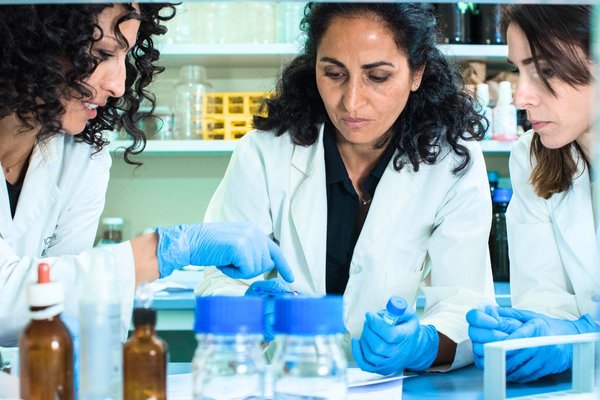
Can menstrual fluid identify causes of heavy periods?
Fibroids are non-cancerous growths that develop in and around the womb. They can cause heavy periods and other symptoms, such as pressure and pain. There are treatments to help.
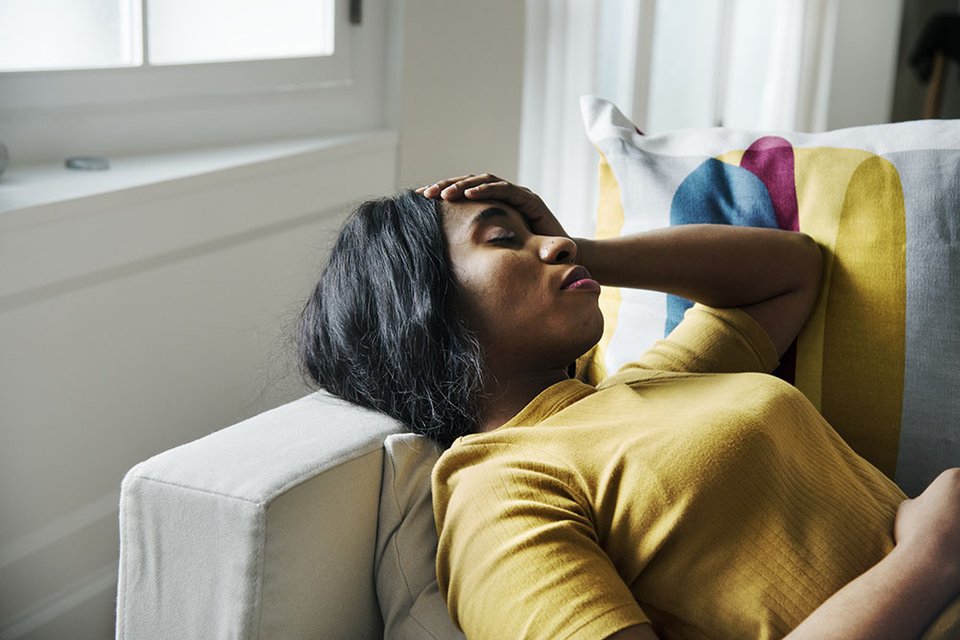
Fibroids are growths that develop in or around the womb. These are called uterine fibroids and are not cancer.
They can vary in size. Some can be as small as a pea, while others can be the size of a melon.
Fibroids are made up of muscle and fibrous tissue similar to the wall of the womb. They are also called leiomyomas or uterine myomas.
Around 1 in 3 women develop at least one fibroid at some point in their life. They mostly happen in women aged 30 to 50.
The main types of fibroids:
Many women don’t know they have fibroids and don’t have any symptoms.
Around 1 in 3 women with fibroids may get symptoms.
These can include:
It’s rare, but fibroids can affect pregnancy or cause problems with getting pregnant (infertility).
Symptoms related to fibroids can have a negative impact on your everyday life. You may have poor sleep, low mood and difficulties with work and relationships.
You may be more likely to get fibroids if:
We do not know the exact cause of fibroids.
Fibroids have been linked to the female reproductive hormone called oestrogen. Fibroids usually develop in women before menopause when oestrogen levels are at their highest.
After menopause, when the oestrogen levels fall, fibroids typically shrink.
As many women don’t have symptoms, fibroids can be diagnosed by chance during a routine test or examination. Since they are non-cancerous growths, which shrink after menopause, treatments are only generally needed if they cause symptoms.
If you have any symptoms, speak to your GP. They will talk to you about your symptoms and may examine you, organise tests and start treatments.
Your GP may refer you to hospital for further tests if needed.
You won’t need treatment if your fibroids aren’t causing any symptoms. They’ll often shrink without treatment once you go through the menopause.
If your periods are heavy, there are medicines, such as tranexamic acid, hormonal contraceptives, or Mirena coil, to help.
You may be offered treatment with other specific hormonal treatments or special treatments (such as uterine artery embolization), to shrink your fibroids. Surgery also may be an option to either remove just the fibroids or the entire womb.
The NHS website has more information on the different treatments for fibroids.
It’s ok to ask questions about your care so you can get the information you need. You could ask about your treatment options and the benefits and risks of each. This can help you decide what’s right for you.
Fibroids can have a big impact on your life. As well as getting treatment from your doctor. you could try:
Some fibroids can cause problems with getting pregnant (infertility), but most do not.
If you have fibroids that are growing into the cavity of your womb, it may interfere with an embryo being implanted. This could reduce the chance of pregnancy. You should discuss these issues with your GP, and they can refer you to specialist for treatment if necessary.
Pregnant women with fibroids may get discomfort and tummy pain. There’s also a small risk of going into labour early (premature labour).
If fibroids are large and located lower in the womb near the birth canal, they can cause problems with blocking the birth-canal and delivery. Large fibroids can sometimes cause babies not to face head-first down the birth canal as birth approaches (malpresentation). Very rarely this might mean you may need a caesarean to deliver the baby.
After delivering the baby, women with fibroids are at risk of excessive bleeding (post-partum haemorrhage), but there are treatments for this. It is best that you deliver your baby in a hospital.
In rare cases, fibroids can cause a miscarriage. Although a small number of women may experience other issues such as miscarriage or pregnancy complications, most women with fibroids may not have problems conceiving or carrying a pregnancy and having a baby.
Your GP or midwife can give you advice about fibroids in pregnancy.
Fibroids and Adenomyosis webinar
Our Chair Professor Dame Lesley Regan spoke to Kat Francois who shared her experience, as well as Dr Varsha Jain, a Wellbeing of Women Research Training Fellow at the University of Edinburgh, who is researching why women suffer from heavy menstrual bleeding due to conditions such as fibroids and adenomyosis.As a women’s health charity, part of what we do is fund research to save and change the lives of women, girls and babies.

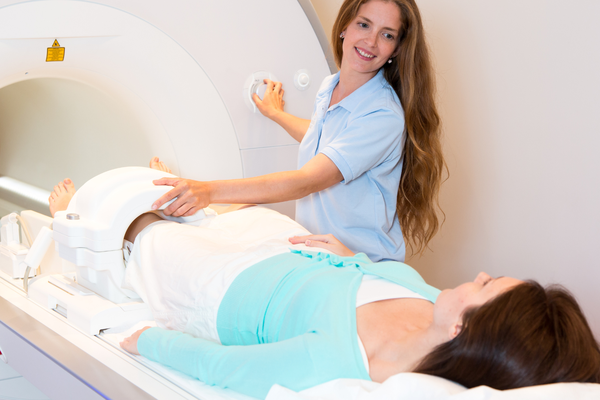
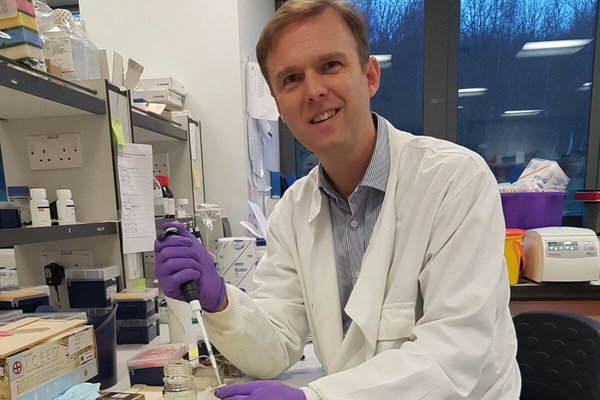
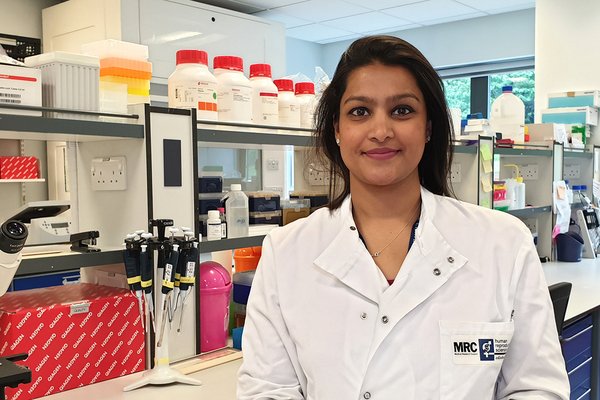
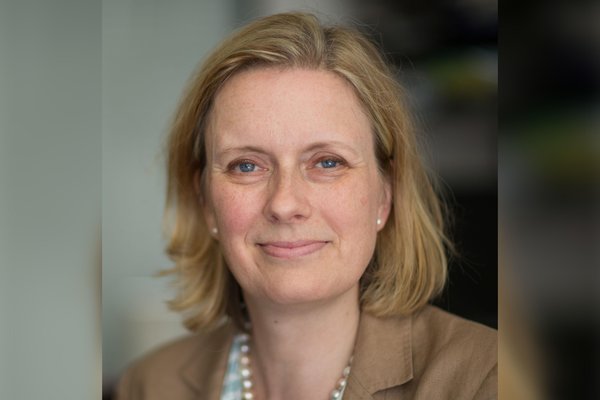
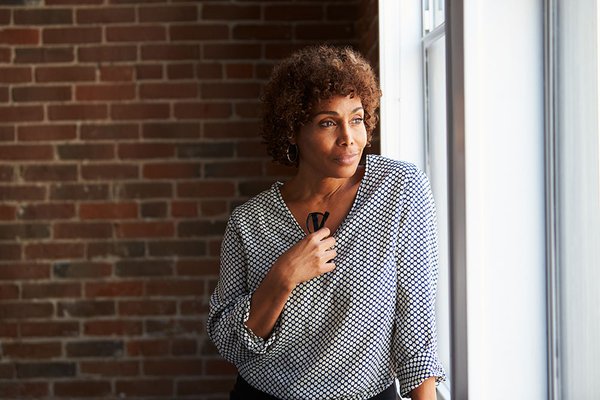
The vulva is the external part of the female genitals. Cancer in this area can cause a lump that may be sore or bleeding. There are 1,400 new cases in the UK every year.
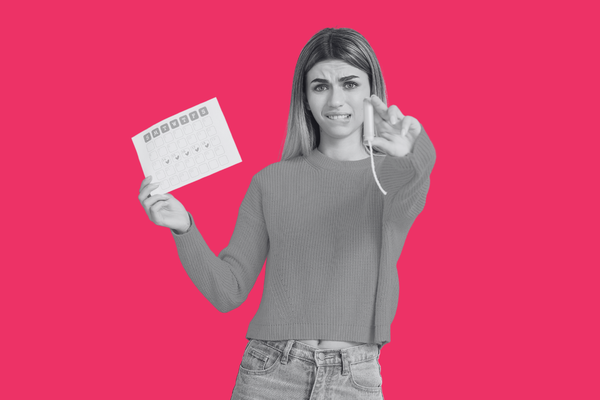
You might be nervous about getting your first period, or you might have had periods for a while but are finding them difficult. You’re not alone.
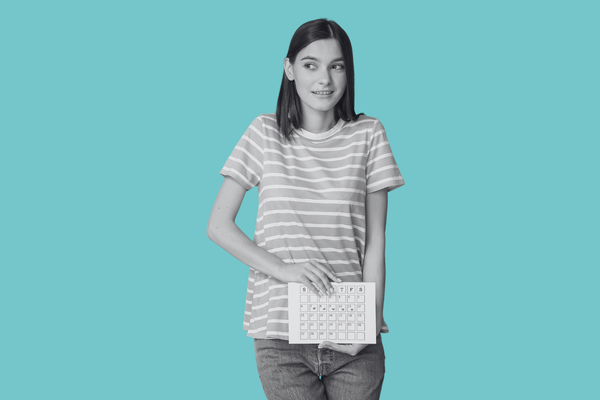
Don’t worry, we’ve got the lowdown on how to feel supported while sorting fact from fiction.